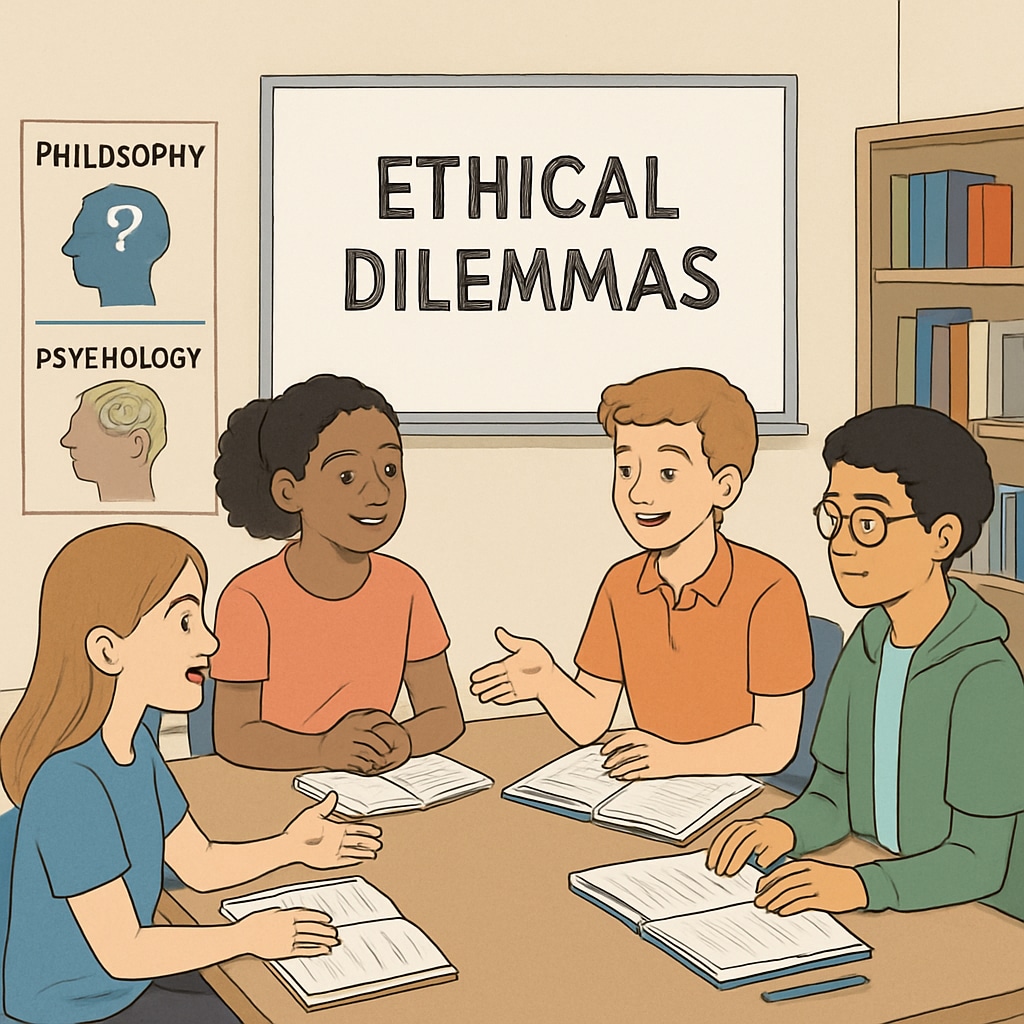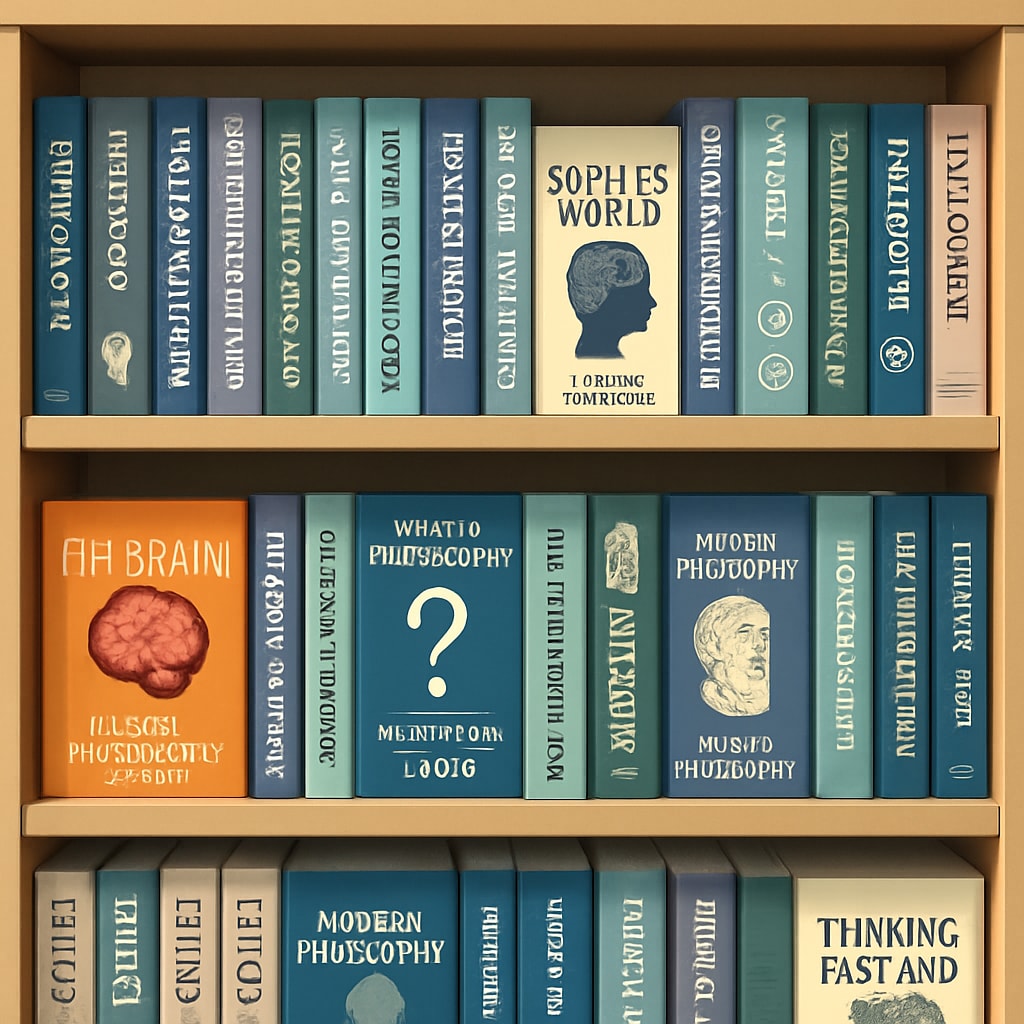Incorporating psychology, philosophy, and amateur learning into K12 education can profoundly shape young minds. These disciplines help students develop critical thinking, emotional intelligence, and self-awareness, providing them with tools to navigate the complexities of life and relationships. By introducing elements of psychology and philosophy into their learning journey, educators and parents can foster curiosity and creativity while enriching their understanding of the world.
Why Psychology and Philosophy Matter in Early Education
Psychology explores human behavior and mental processes, offering insights into decision-making, emotions, and relationships. Philosophy, on the other hand, delves into the nature of existence, ethics, and reasoning, encouraging inquiry and debate. Together, these fields empower students to think critically, manage emotions, and approach challenges with rationality.
For example, teaching basic psychological concepts such as empathy or cognitive biases can help children understand themselves and others better. Similarly, introducing philosophical ideas like the Socratic method or ethical dilemmas encourages reflective thinking and moral development.

Practical Ways to Introduce Psychology and Philosophy
Integrating these subjects into K12 education doesn’t require a complete curriculum overhaul. Here are some practical approaches:
- Storytelling: Use stories or case studies to present psychological or philosophical themes. For instance, explore empathy through stories of diverse characters.
- Classroom Discussions: Engage students in debates about ethical questions, teaching them to reason and articulate their thoughts effectively.
- Interactive Activities: Incorporate games or role-playing that highlight psychological principles such as teamwork or emotional regulation.
- Books and Films: Recommend age-appropriate literature or movies that explore philosophical and psychological themes.
These activities not only enhance learning but also make abstract concepts relatable and engaging.

Recommended Resources for Amateur Learning
Parents and educators seeking additional resources to introduce psychology and philosophy can benefit from free or affordable tools. Below are some recommendations:
- Psychology Overview on Britannica: A beginner-friendly introduction to psychology concepts.
- Philosophy for Children on Wikipedia: A dedicated program focusing on philosophical thinking for kids.
- Books: Titles like “The School of Life: An Emotional Education” and “Sophie’s World” are excellent for young learners.
- Online Courses: Platforms like Coursera and Khan Academy offer accessible content on psychology and philosophy tailored for beginners.
Combining these resources with interactive learning methods can make amateur exploration of these subjects both enjoyable and impactful.
Readability guidance: Use short paragraphs and lists to summarize key points; ensure a balance of theory and practical examples. Incorporate transitions like “however,” “in addition,” and “for example” to enhance flow.


